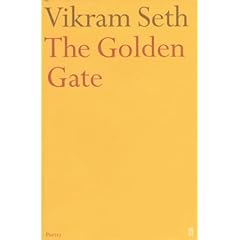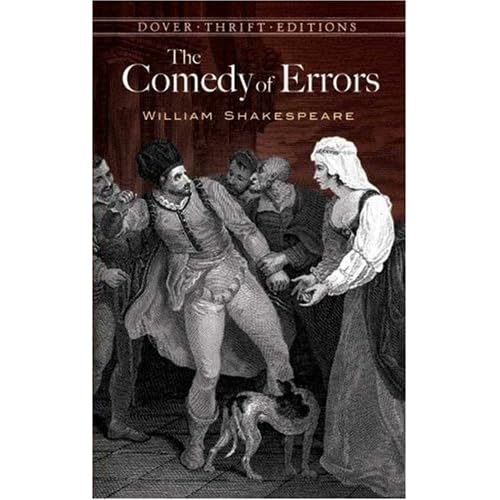
--The blurb--
"A History of Modern Britain confronts head-on the victory of shopping over politics. It tells the story of how the great political visions of New Jerusalem or a second Elizabethan Age, rival idealisms, came to be defeated by a culture of consumerism, celebrity and self-gratification. In each decade, political leaders thought they knew what they were doing, but find themselves confounded. Every time, the British people turn out to be stroppier and harder to herd than predicted. Throughout, Britain is a country on the edge first of invasion, then of bankruptcy, then on the vulnerable front line of the Cold War and later in the forefront of the great opening up of capital and migration now reshaping the world. This history follows all the political and economic stories, but deals too with comedy, cars, the war against homosexuals, Sixties anarchists, oil-men and punks, Margaret Thatcher's wonderful good luck, political lies and the true heroes of British theatre."
synopsis from www.lovereading.co.uk--The review--
Marr's History of Modern Britain promises to enlighten us on the victory of shopping over politics, but given the prevalence of political content in the book, one does wonder if this is just a little tongue in cheek. Certainly Marr does cover the various consumer revolutions of technological gadgetry and the emergence of supermarkets and shopping centres (the likes of which had probably only been seen in America and possibly some parts of Asia before the 1960s), but the vast majority of the book covers the reigns of Britain's prime ministers since 1945, their mistakes and victories, and how their actions have at times had far-reaching consequences. While this book takes commitment (at 602 pages, not including notes), and perhaps could have done with a glossary of acronyms and some key terms at the back for the benefit of those who haven't studied history beyond A Level (or even GCSE), Marr does manage to make it lively and interesting, successfully interweaving political scandal with musical and other popular trends, from the Mini to the Beatles and, of course, the other type of mini.
The book is understandably complex, but thankfully not unreadable, and is clearly deeply researched - good for those who simply have an interest in British history and politics, and for those who were intrigued to know more after seeing Marr's 2007 TV series of the same name. Split into five sections, and then with each section split into many subsections, it's easy to pick up, put down again, and then pick up again, without having to plough through hundreds of pages before coming to a suitable break. It is not only written with knowledge, but thankfully also with humour in places. There are gaps, but these are negotiable in terms of their historical significance: Britain's criminal history was lacking or occasionally disproportionate, with no mention of the Moors murders, Dunblane, the murders of Sarah Payne, Holly Wells, and Jessica Chapman, or the high-profile disappearance of Madeleine McCann, with the murder of James Bulger being given only a cursory one-line mention. Britain's educational history was also lacking, with only changes in the compulsory leaving age being spoken of, and the massive shakeups to Britain's examination systems and syllabi being ignored. Perhaps the most surprising omission was the lack of discussion around mother-baby homes, as exemplified by Amanda Whittington's play Be My Baby, which were common in Britain until the 1960s, when extra-marital births began to be destigmatised (young unmarried pregnant women were sent away to these homes secretly, usually by a female relative, to have the baby and have it given up for adoption before returning home as if nothing had happened). It seemed odd that backstreet abortions, and the change of legislation regarding this, should be mentioned, while the secrecy involved in shipping the young, unmarried and pregnant off to mother-baby homes was not, especially when many of the adopted (and indeed their mothers) are probably still alive today.
The slew of punctuation errors in this tome is also curious. They almost exclusively involve errant commas (including them when they shouldn't be, not including them when they should be, and using them instead of other punctuation marks). It is unclear whether this is the result of the style of the television programme of the same name (i.e. Marr writing with his TV-presenter's hat on) or due to careless editing. Nevertheless, this does not, along with the omissions detailed above, in any way prohibit enjoyment of the book, and finishing it with better understanding of the various intricacies that are detailed therein certainly leads to a palpable sense of satisfaction. This is a worthy piece of contemporary history writing, a valuable source for historians to come, and a solid introduction to Marr's writing and expertise.
Other works by Andrew MarrAge of Churchill (due out Oct 2009)
Britain From Above (2008)
Tools for Peace (2007)
Blair (2007)
My Trade: A Short History of British Journalism (2005)
Born in the Darkest Time of Year (2004; fiction)
The Day Britain Died (2000)
Ruling Britannia: Failure and Future of British Democracy (1995)
The Battle for Scotland (1992)
Being Human (1988)








